Safety information - power magnets (neodymium)
Please read our guidelines on the safe handling of power magnets (neodymium magnets) before purchasing and using the magnets.
Be aware that magnets are not toys, and strong magnets should not be handled by children.
Risk of injuries
The magnets possess a very strong attractive force. Careless use can cause bruising on the skin or injuries to the fingers. The magnets can shatter upon strong impacts and collisions.
Risk of ingestion
Magnets are not toys. Keep them out of reach of children and pets. Swallowing magnets can lead to them attaching within the airways or elsewhere in the body, causing serious complications. In case of ingestion: seek medical attention immediately.
Risk of electric shock
Magnets are made of metal and can conduct electricity. They should not come into contact with electrical currents, including power outlets, as they can cause electric shocks.
Pacemakers
Magnets can affect pacemakers and implanted heart defibrillators. A pacemaker could, in the worst case, switch to test mode and cause nausea and illness. A heart defibrillator may stop working. If you use these devices, maintain a safe distance from the magnets. Also, warn others who use these devices to stay away from the magnets.
Overload
Overloading the magnets can cause them to detach from the magnetic surface they were attached to. Falling objects can lead to serious injuries.
Risk of splinters
Colliding magnets can crack and cause splinters, which can be propelled several meters away, causing damage to eyes and the body. Avoid collisions of magnets, use safety glasses when handling larger magnets, and ensure that people nearby are also protected or keep a safe distance.
Strong magnetic field
The magnets have a far-reaching, powerful magnetic field. They can damage TVs, computers, hard drives, credit/membership/fuel cards, mechanical watches, hearing aids, speakers, etc., with direct or close contact. Therefore, avoid contact with these items/devices.
Nickel allergy
Many of the power magnets have coatings that contain nickel, referred to as "nickel plating." This is indicated in the product description under each item. Some people have an allergic reaction when they come into contact with nickel. Nickel allergy can develop through constant contact with nickel-plated objects. Therefore, avoid prolonged skin contact with nickel-coated magnets. Avoid direct contact with the magnets if you already have a nickel allergy.
Indoor use of magnets
Only use the magnets indoors in dry conditions or protect them adequately against environmental impacts, and avoid damage to the coating. Do not remove the coating on the magnets, as untreated magnets oxidize quickly and dissolve. Most power magnets have a nickel-copper-nickel coating to protect them from unintended degradation (corrosion). The coating offers some protection against corrosion, but it is not robust enough for constant outdoor use.
Temperature effects
Power magnets can only withstand a limited maximum temperature. Most of our magnets permanently lose some of their magnetic strength at temperatures of 80°C. Therefore, do not use the magnets in places exposed to extreme heat. And if you are using an adhesive on the magnets (glue, etc.), you should not cure it with hot air.
Effects on humans
With the current knowledge about magnets, no measurable positive or negative influence on humans has been found. It's unlikely that permanent magnets pose a health risk, but it cannot be completely ruled out. Therefore, for your safety, avoid constant contact with magnets.
Collision of magnets
Most power magnets have a thin nickel/copper/nickel coating to protect them from natural wear. This coating can splinter or crack due to collision (impact) or significant pressure. This makes the magnets vulnerable to environmental impacts like moisture, and they can oxidize. Separate the magnets with a piece of cardboard or similar during storage of the magnets. The large power magnets come with plastic separators, which can be reused for storage purposes. Avoid collisions of magnets and repeated mechanical exposure (e.g., impacts).
Risk in processing
When processing magnets, such as drilling, the drill dust can easily ignite.
Stay away from processing the magnets or use special tools and sufficient cooling water.
Mechanical processing
Magnets are fragile, heat-sensitive, and oxidize easily. Therefore, avoid using incorrect tools if you are drilling or sawing a magnet, as the magnet can break. Rising temperatures can demagnetize the magnet. The magnet will oxidize and crumble due to damaged coating. Therefore, avoid processing magnets if you do not have the necessary machinery and/or the required experience. Instead, make sure to purchase the magnets in the correct size rather than having to alter their shape or size afterward.
Air transport
Magnetic fields from incorrectly packaged magnets can affect aircraft navigation devices. In the worst case, this can lead to an accident. Transporting the magnets by air must therefore be done in packaging with sufficient magnetic shielding. Refer to the respective regulations – contact the airline before dispatch.
Other transport
Magnetic fields from incorrectly packaged magnets can affect and cause disruptions in sorting machines and damage fragile goods in other packages. Transport of the magnets should therefore be done in packaging with sufficient magnetic shielding. Use, for example, a large box and place the magnets in the centre surrounded by plenty of packing material. Arrange the magnets in the package in a way that their magnetic fields neutralize each other. There are stricter rules for air freight: See under "air transport."
Related products - Safety information - power magnets (neodymium)
-
Power magnet, Block 20x20x3 mm.
MAGZ-103-P
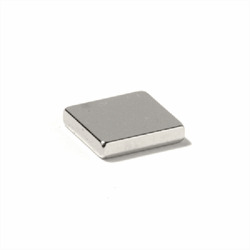
Strength 4.2 kg. 4,40 5,50 EUR
In stock -
Power magnet, Disc 25x3 mm.
MAGZ-101-P
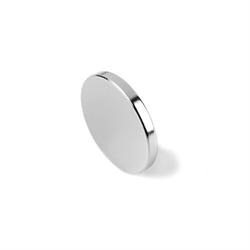
Strength 5.1 kg. 3,64 4,55 EUR
In stock -
Power magnet, Disc 20x12 mm.
MAGZ-117-P
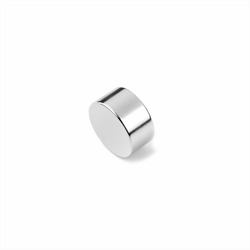
Strength 12.0 kg. 6,80 8,50 EUR
In stock -
Power magnet, Disc 10x8 mm.
MAGZ-433-P
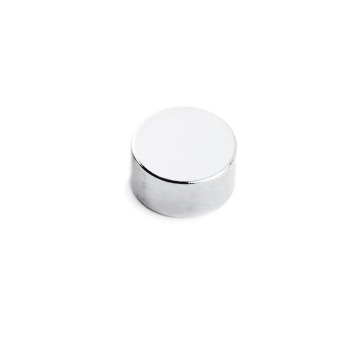
Strength 3.5 kg. 2,68 3,35 EUR
Out of stock -
Power magnet, Block 20x20x5 mm.
MAGZ-105-P
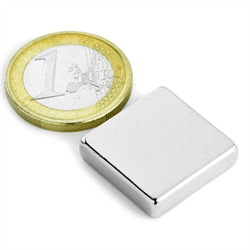
Strength 6.0 kg. 5,08 6,35 EUR
In stock -
Power magnet, Disc 20x15 mm.
MAGZ-119-P
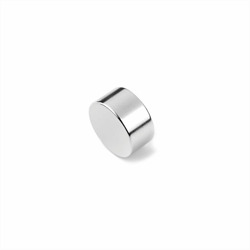
Strength 13.0 kg. 7,76 9,70 EUR
In stock -
Power magnet, Disc 18x2 mm.
MAGZ-026-P
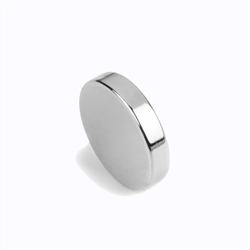
Strength 2.6 kg. 1,96 2,45 EUR
In stock -
Power magnet, Block 12x5x3 mm.
MAGZ-434-P
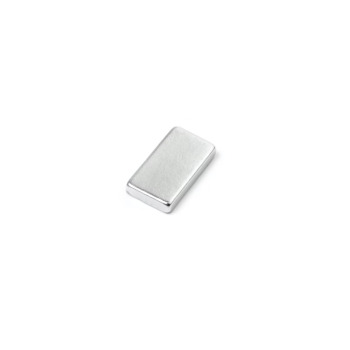
Strength 1.6 kg. 1,72 2,15 EUR
In stock -
Power magnet, Disc 6x2 mm.
MAGZ-056-P
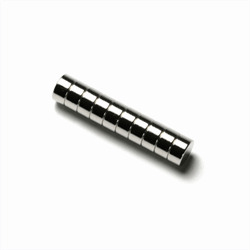
Strength 680 g. 1,08 1,35 EUR
In stock -
Power magnet, Block 5x5x2 mm.
MAGZ-143-P
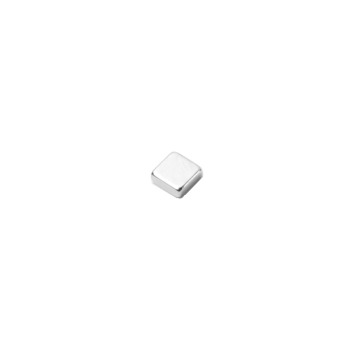
Strength 650 g. 0,96 1,20 EUR
In stock -
Power magnet, Disc 5x2 mm., Gold
MAGZ-4010-G
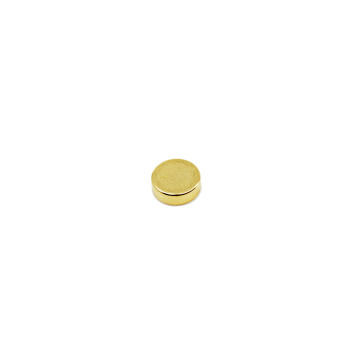
Strength 650 g. 1,08 1,35 EUR
In stock -
Power magnet, Block 5x5x1 mm.
MAGZ-092-P
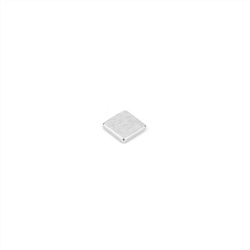
Strength 350 g. 0,76 0,95 EUR
In stock -
Power magnet, Disc 2x2 mm.
MAGZ-077-P

Strength 150 g. 0,64 0,80 EUR
In stock -
Power magnet, Disc 6x2 mm., Gold
MAGZ-056-G
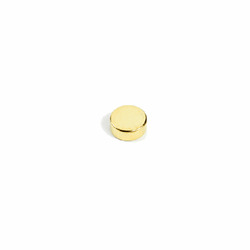
Strength 680 g. 1,20 1,50 EUR
In stock -
Power magnet, Block 5x5x3 mm.
MAGZ-144-P
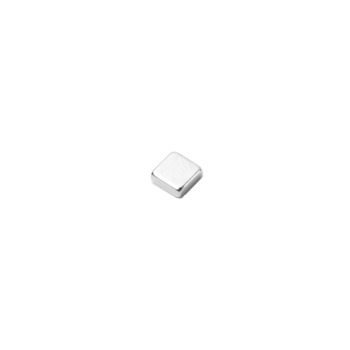
Strength 1.0 kg. 1,20 1,50 EUR
In stock -
Power magnet, Ring 10x4x4 mm.
MAGZ-497-P
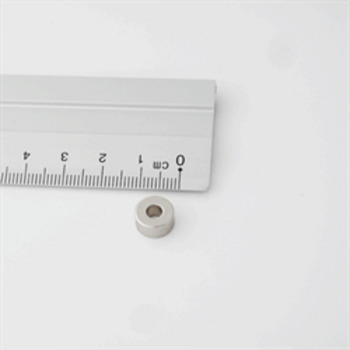
Strength 1.6 kg. 2,68 3,35 EUR
In stock -
Power magnet, Disc 12x1 mm.
MAGZ-052-P
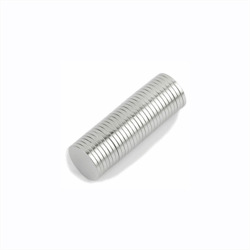
Strength 550 g. 1,08 1,35 EUR
In stock -
Power magnet, Dics 30x15 mm.
MAGZ-401-P
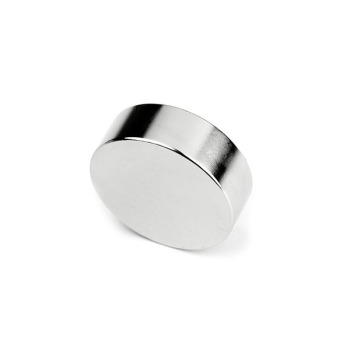
Strength 23.0 kg. 13,12 16,40 EUR
Out of stock -
Power magnet, Disc 5x3 mm., Gold
MAGZ-4004-G
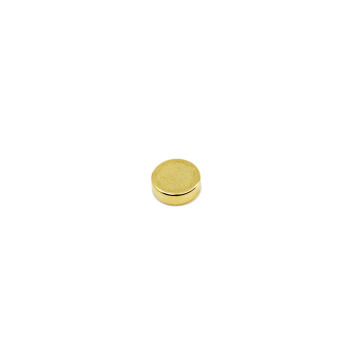
Strength 700 g. 1,20 1,50 EUR
In stock -
Power magnet, Block 18x8x4 mm.
MAGZ-437-P
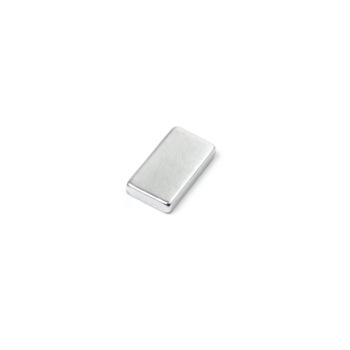
Strength 3.0 kg. 5,06 6,33 EUR
In stock -
Power magnet, Block 5x5x2 mm., Gold
MAGZ-103-G
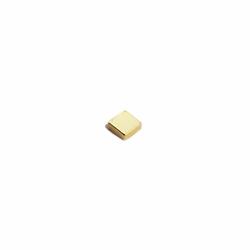
Strength 650 g. 0,96 1,20 EUR
In stock -
Power magnet, Disc 12x2 mm.
MAGZ-069-P
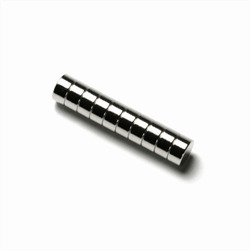
Strength 1.6 kg. 1,60 2,00 EUR
In stock -
Power magnet, Disc 13x2 mm.
MAGZ-405-P
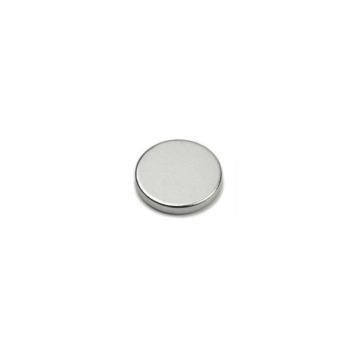
Strength 1.8 kg. 1,72 2,15 EUR
In stock -
Power magnet, Disc 10x2 mm., Gold
MAGZ-4003-G
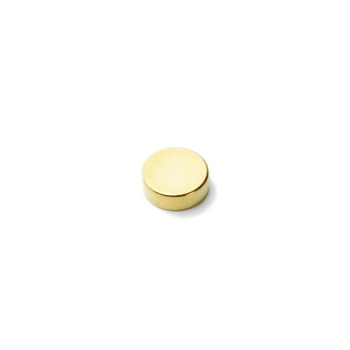
Strength 1.2 kg. 1,28 1,60 EUR
In stock -
Power magnet, Block 10x5x1 mm
MAGZ-176-P
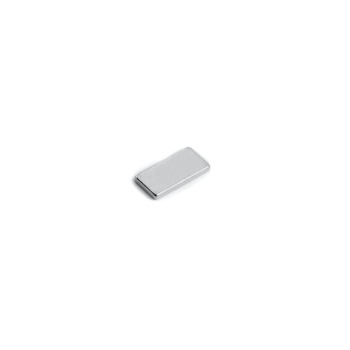
Strength 650 g. 0,96 1,20 EUR
In stock -
Power magnet, Block 10x10x2 mm.
MAGZ-135-P
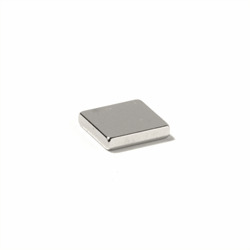
Strength 1.0 kg. 1,72 2,15 EUR
In stock -
Power magnet, Disc 5x4 mm
MAGZ-406-P
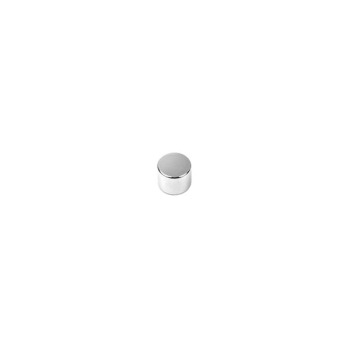
Strength 870 g. 1,20 1,50 EUR
In stock -
Power magnet, Disc 6x3 mm., Gold
MAGZ-4005-G
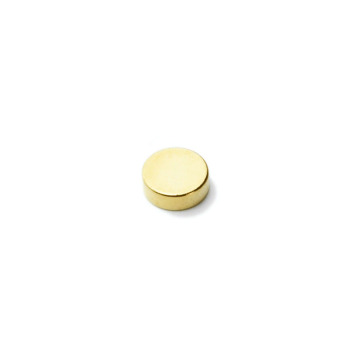
Strength 900 g. 1,40 1,75 EUR
In stock -
Power magnet, Block 10x10x3 mm.
MAGZ-097-P
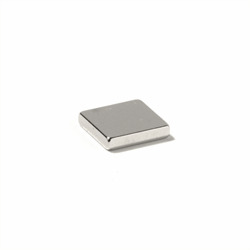
Strength 1.7 kg. 2,16 2,70 EUR
In stock -
Power magnet, Disc 8x2 mm.
MAGZ-080-P
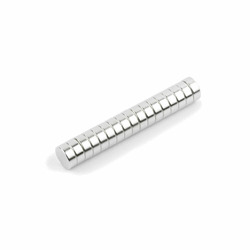
Strength 1.1 kg. 1,28 1,60 EUR
In stock -
Power magnet, Disc 8x2 mm., Gold
MAGZ-4006-G
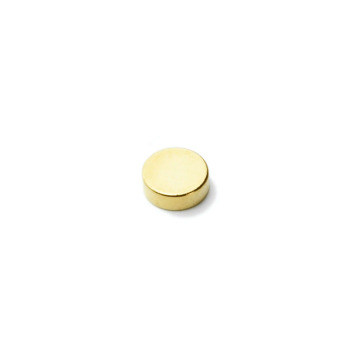
Strength 1.1 kg. 1,40 1,75 EUR
In stock -
Power magnet, Block 10x10x4 mm.
MAGZ-190-P
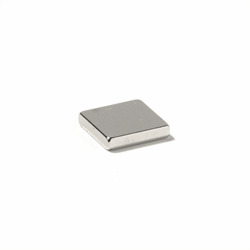
Strength 2.2 kg. 2,28 2,85 EUR
In stock -
Power magnet, Disc 10x3 mm., Gold
MAGZ-4002-G
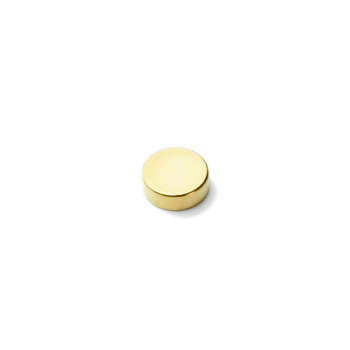
Strength 1.8 kg. 1,60 2,00 EUR
In stock -
Power magnet, Block 10x4x1 mm, Gold
MAGZ-102-G
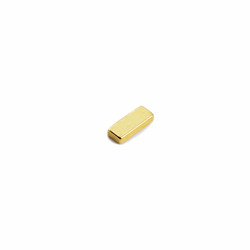
Strength 580 g. 0,88 1,10 EUR
In stock -
Power magnet, Disc 8x3 mm., Gold
MAGZ-082-G
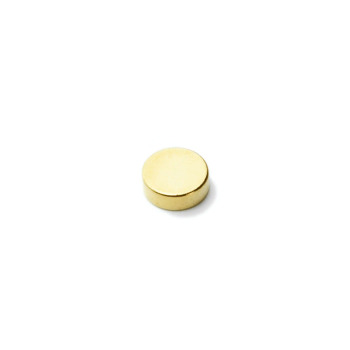
Strength 1.1 kg. 1,40 1,75 EUR
In stock -
Power magnet, Block 25x15x6 mm.
MAGZ-402-P
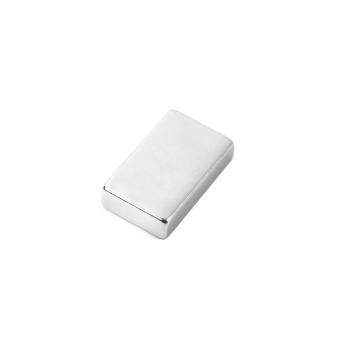
Strength 7.0 kg. 5,92 7,40 EUR
In stock -
Power magnet, Cone 10x5x4 mm.
MAGZ-950-C
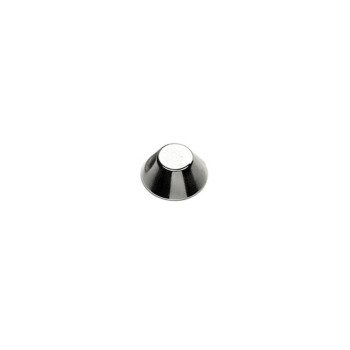
Strength 1.2 kg. 1,72 2,15 EUR
In stock -
Power magnet, Disc 4x2 mm.
MAGZ-059-P

Strength 420 g. 0,88 1,10 EUR
In stock -
Power magnet, Disc 8x4 mm.
MAGZ-182-P
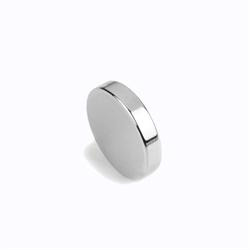
Strength 1.4 kg. 1,60 2,00 EUR
In stock -
Power magnet, Disc 20x4 mm.
MAGZ-290-P
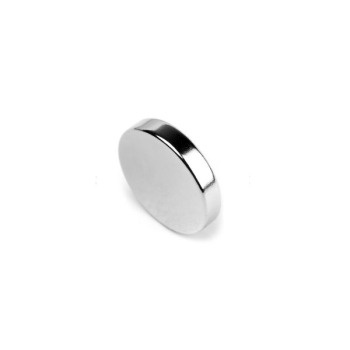
Strength 5.0 kg. 3,64 4,55 EUR
In stock -
Power magnet, Disc 10x4 mm., Gold
MAGZ-084-G
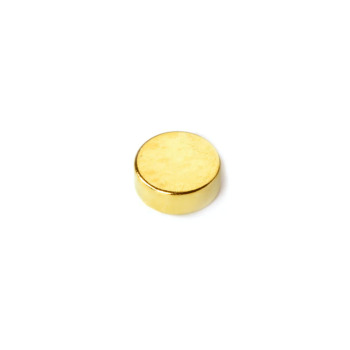
Strength 2.0 kg. 1,84 2,30 EUR
In stock -
Power magnet, Block 10x5x1 mm, Gold
MAGZ-104-G
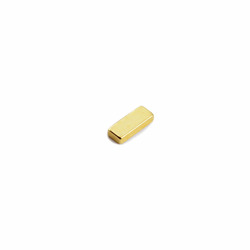
Strength 650 g. 1,08 1,35 EUR
In stock -
Power magnet, Disc 8x5 mm.
MAGZ-129-P
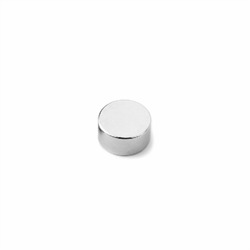
Strength 2.0 kg. 1,72 2,15 EUR
In stock -
Power magnet, Ring 10x4x10 mm.
MAGZ-221-P
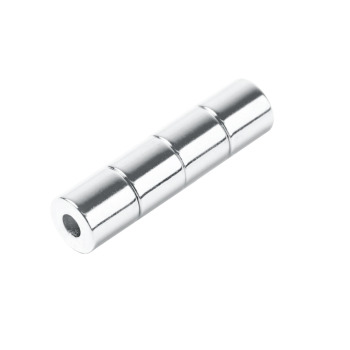
Strength 3.1 kg. 2,16 2,70 EUR
In stock -
Power magnet, Disc 8x8 mm.
MAGZ-108-P
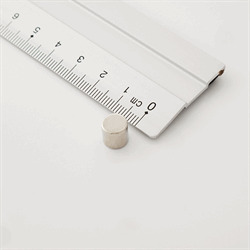
Strength 2.5 kg. 1,96 2,45 EUR
In stock -
Power magnet, Disc 20x7 mm.
MAGZ-292-P
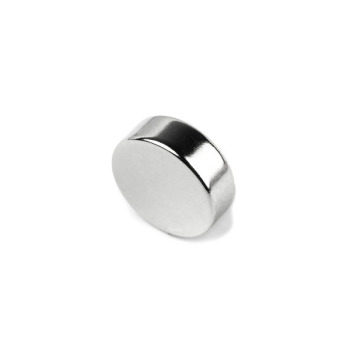
Strength 8.0 kg. 5,08 6,35 EUR
In stock -
Power magnet, Block 20x20x10 mm.
MAGZ-147-P
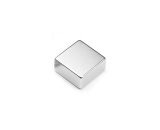
Strength 12.0 kg. 7,76 9,70 EUR
In stock -
Power magnet, Block 15x15x3 mm.
MAGZ-098-P
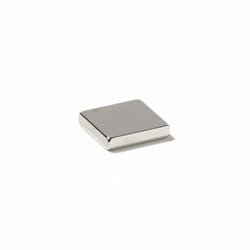
Strength 3.4 kg. 3,24 4,05 EUR
In stock -
Power magnet, Cube 7x7x7 mm.
MAGZ-122-P
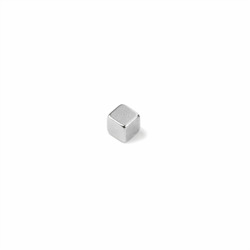
Strength 1.6 kg. 1,84 2,30 EUR
In stock -
Power magnet, Ring 10x4x5 mm, Gold
MAGZ-112-G
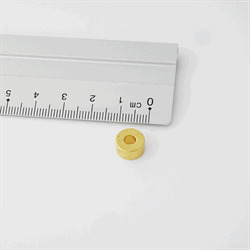
Strength 2.2 kg. 2,80 3,50 EUR
In stock -
Power magnet, Disc 20x8 mm.
MAGZ-293-P
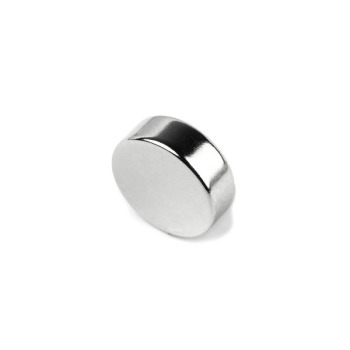
Strength 9.0 kg. 5,40 6,75 EUR
In stock -
Power magnet, Cone 15x8x6 mm. (neodymium)
MAGZ-951-C
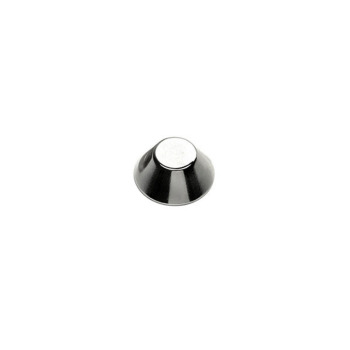
Strength 3.1 kg. 3,44 4,30 EUR
In stock -
Power magnet, Block 15x15x8 mm.
MAGZ-136-P
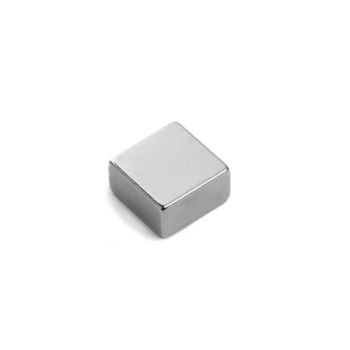
Strength 7.6 kg. 5,72 7,15 EUR
Out of stock -
Power magnet, Disc 20x3 mm.
MAGZ-081-P
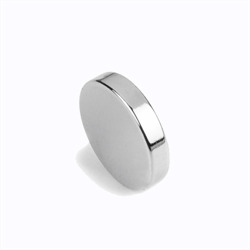
Strength 3.9 kg. 3,24 4,05 EUR
In stock -
Power magnet, Block 10x10x4 mm. (copper)
MAGZ-964-PC
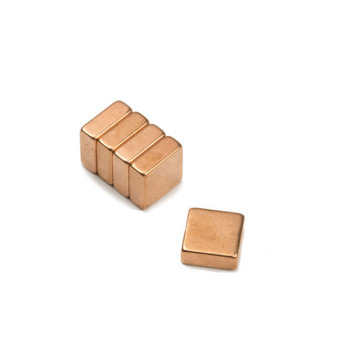
Strength 2.2 kg. 2,60 3,25 EUR
In stock -
Power magnet, Cone 20x10x8 mm. (neodymium)
MAGZ-952-C
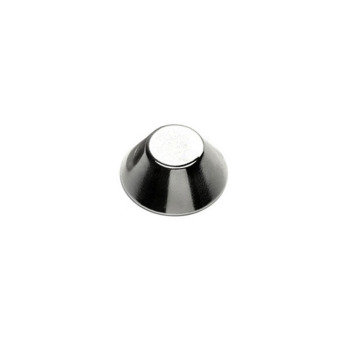
Strength 4.9 kg. 5,68 7,10 EUR
In stock -
Power magnet, Disc 5x3 mm.
MAGZ-075-P
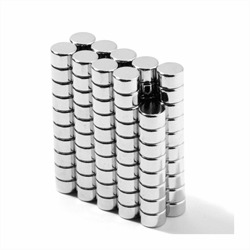
Strength 700 g. 1,08 1,35 EUR
In stock -
Power magnet, Block 7x7x7 mm. (copper)
MAGZ-963-PC
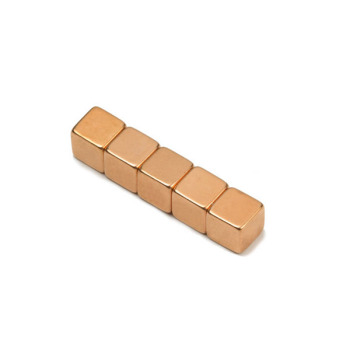
Strength 1.6 kg. 2,16 2,70 EUR
In stock -
Power magnet, Disc 12x10 mm.
MAGZ-410-P
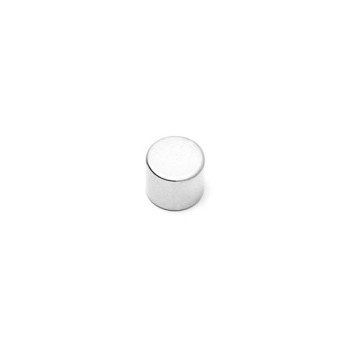
Strength 5.3 kg. 4,00 5,00 EUR
In stock -
Power magnet, Block 25x8x1 mm.
MAGZ-420-P
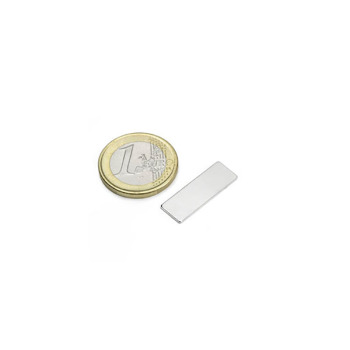
Strength 1.1 kg. 1,96 2,45 EUR
In stock -
Power magnet, Cone 25x13x10 mm. (neodymium)
MAGZ-953-C
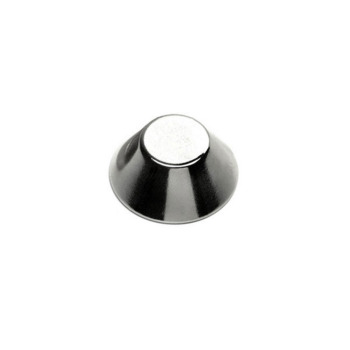
Strength 8.6 kg. 9,48 11,85 EUR
In stock -
Power magnet, Block 10x10x1 mm.
MAGZ-091-P
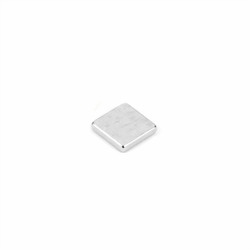
Strength 600 g. 1,28 1,60 EUR
In stock -
Power magnet, Block 8x4x3 mm.
MAGZ-094-P
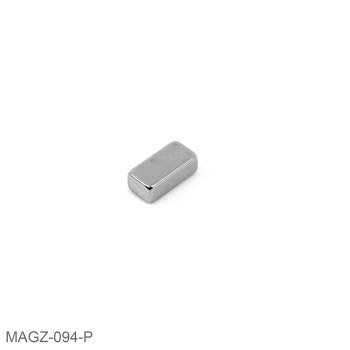
Strength 900 g. 1,20 1,50 EUR
In stock -
Power magnet, Block 8x8x4 mm.
MAGZ-096-P
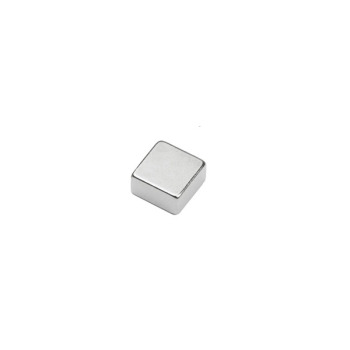
Strength 1.5 kg. 1,84 2,30 EUR
In stock -
Power magnet, Block 10x10x5 mm.
MAGZ-106-P
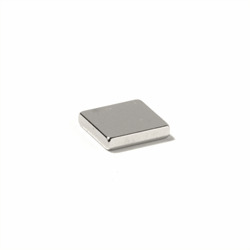
Strength 2.8 kg. 2,60 3,25 EUR
In stock -
Power magnet, Block 40x20x10 mm.
MAGZ-146-P
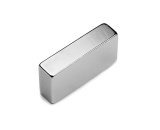
Strength 25.0 kg. 12,48 15,60 EUR
In stock -
Power magnet, Disc 25x7 mm.
MAGZ-187-P
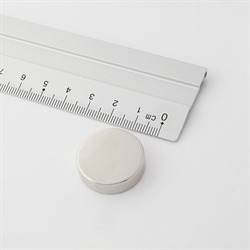
Strength 12.0 kg. 5,80 7,25 EUR
In stock -
Power magnet, Block 15x10x3 mm.
MAGZ-436-P
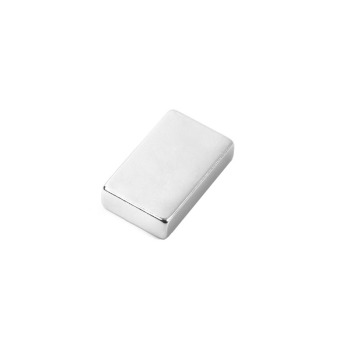
Strength 2.5 kg. 3,54 4,43 EUR
In stock -
Power magnet, Disc 8x1 mm.
MAGZ-065-P
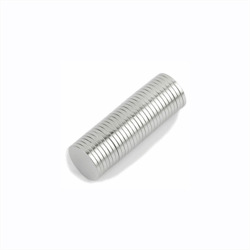
Strength 400 g. 1,08 1,35 EUR
In stock -
Power magnet, Disc 5x1 mm.
MAGZ-088-P

Strength 290 g. 0,76 0,95 EUR
In stock -
Power magnet, Block 30x30x15 mm.
MAGZ-148-P
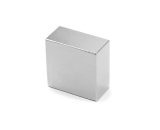
Strength 35.0 kg. 22,24 27,80 EUR
In stock -
Power magnet, Disc 15x5 mm.
MAGZ-072-P
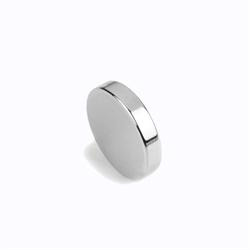
Strength 4.5 kg. 2,92 3,65 EUR
In stock -
Power magnet, Dics 60x5 mm.
MAGZ-413-P
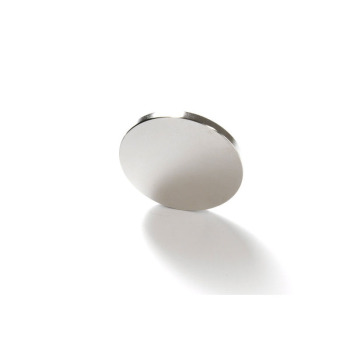
Strength 22.0 kg. 20,00 25,00 EUR
In stock -
Power magnet, Block 20x10x2 mm.
MAGZ-099-P
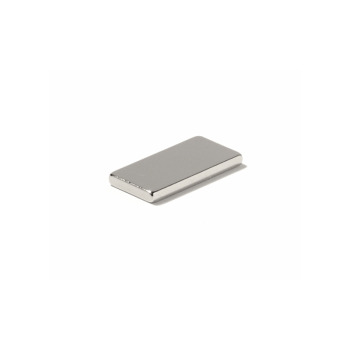
Strength 2.1 kg. 2,80 3,50 EUR
In stock -
Power magnet, Block 20x4x2 mm.
MAGZ-095-P
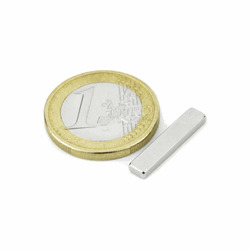
Strength 1.2 kg. 2,04 2,55 EUR
In stock
Please browse through our FAQ or contact our support team, if you have any further questions